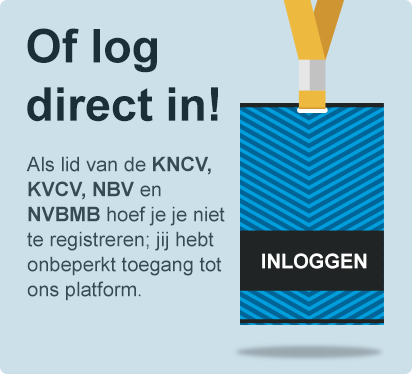Nienke van Dongen – Uroscopy on a microfluidic chip

One in three people will develop some form of cancer. The earlier cancer is detected, the better the patient’s chances of survival. Nienke van Dongen uses microfluidic chips to detect cancer DNA in urine.
Nienke van Dongen is a postdoctoral researcher at the University of Twente in the BIOS lab-on-a-chip group, working on early cancer detection in urine. She won the Spotlight Prize 2022 for her pitch on her PhD research.
Verder lezen?
Maak eenvoudig een gratis profiel aan.
- krijg toegang tot ons online archief met meer dan 10.000 artikelen over chemie, life sciences en procestechnologie;
- kijk webinars live mee of later terug, lees exclusieve online-only content en plaats reacties op artikelen;
- ontvang elke week onze nieuwsbrief C2Weekly in je mailbox met nieuws en ontwikkelingen zodat je altijd up-to-date bent.
Als lid van de KNCV, KVCV, NBV, of NVBMB heeft u onbeperkt toegang tot deze site, u kunt hier inloggen.







